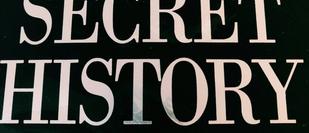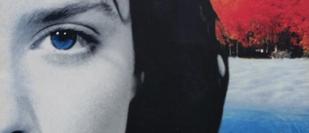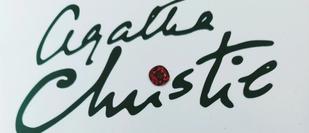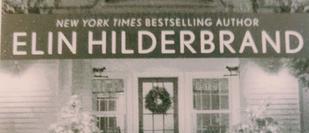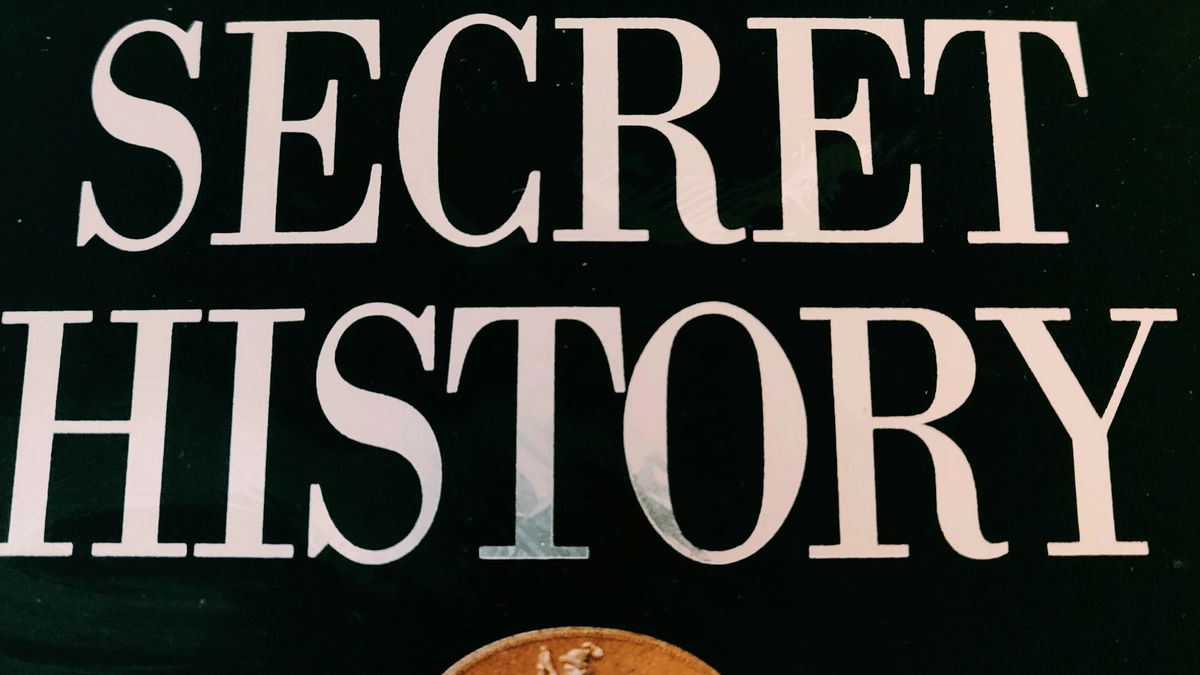
The Secret History by Donna Tartt
Coming in at number 76 on the BBC Big Read List is The Secret History by Donna Tartt. I can honestly say I have lost count of the number of times I have bought and re-bought this book. Just like Jupiter's Travels by Ted Simon, this book just seems to disappear from my bookshelves. I'm not sure where my copies go! If you come across them (they'll probably be sat with about 7 copies of Jupiter's Travels) then please do send them back. I'm going to start to try and do fuller reviews for the Big Read titles. I did disappear down a black hole of finding more out about this novel and it was fascinating.
Read more about the BBC Big Read Challenge
At the time of its publication, the publishers opted for an initial print run of 75,000 copies. When we compare this to the usual amount of 10,000 for a debut, literary novel then it's apparent that the publishers knew they had something exciting on their hands.
The novel has been described as an 'inverted detective story' as we start the novel aware of the death of a student, Bunny, at Hampden College. Our narrator is Richard Papen, who has started studying Ancient Greek at Hampden with an unusual group of people including Bunny. The group are taught by enigmatic professor Julian and include the unofficial leader Henry, the twins Charles and Camilla, Francis and Bunny. Aware of this group within a group, Richard can only sit and observe until one weekend tragedy occurs and Richard becomes entwined in their complicated, unhealthy web before the novel reaches its climax with the death of Bunny.
The Narrator
I have so much I want to share with you about this novel. The first thing to say is that nothing much really happens despite the fantastic plot. Richard's narrative, at times, seems to be dry and a little dull. But there is true magic in this. He encompasses beautifully the drinking, drugging and debauchery that forms the basis of the novel, until it becomes almost passé.
His words also highlight beautifully the isolation of the Ancient Greek group and their professor. Richard, himself, becomes remote from the rest of the University. His French tutor describes the group as unusual, Julian chooses not to socialise with the rest of the faculty and the group live, study and socialise exclusively away from the rest of the College. Richard manages to maintain some links, choosing to work for a psychology Professor and maintain his friendship with fellow Californian Judy Poovey. But Richard still appears at a halfway house - not quite ingratiated into Henry's group and never quite bothered enough to maintain new friendships. His role is that of observer. Aspects of his personality change as he strives to join Henry's group; he dresses in old-fashioned suit jackets, he smokes excessively. It is a fascinating transformation.
The Characters
The characters are a wonderful mix of light and day. Julian is a marvellous study, as delicate as glass; witty, charming and with the most wonderful life experiences as he befriends celebrity and ex-presidents. He is an inspiration for the group and it is only at the end we see how shallow he actually is.
Henry is very interesting. Old-mannish, tall, rich, not particularly handsome and a genius. The group follow him slavishly. At first you wonder why, but then as Donna Tartt's narrative unfolds you understand and by the end no longer question this. The twins, Charles and Camilla are unusual. Charles is friendly but on a path of self-destruction and there is something other-worldly about Camilla. At one time or another, most of the group are in love with her. Francis is probably the one that Richard feels closest to; foppish, insanely rich, out of everyone he can see what Henry is doing and goes along with it.
Bunny is a great character, appearing openly effusive and the friendliest of the group and is probably the most adversarial to Henry. And he has this unfortunate habit of expecting his friends to pay for everything. I found myself annoyed by Bunny. But he is supposed to be annoying.
Themes
There are a number of themes running through the novel. The first would be the outsider theme I touched on earlier. This is written so well and I felt a real sense of isolation, especially during the time when Richard chooses to stay in Vermont over the winter and nearly dies. And also when the group's actions come into sharp relief, we are aware that the rest of the college is calmly going about its business as if nothing has happened.
There is a strong theme of class here, especially around wealth. Richard is from California and like every typical student whilst Henry, Francis and to some extent Bunny, are all insanely wealthy. Henry thinks nothing of buying 4 airplane tickets on a whim or staying in a Palazzo in Rome for instance. The group often retreat to Francis' house in the country. Richard, meanwhile, works alongside his studies, in order to keep up with the group's lifestyle and fit in - buying the correct clothes, old-fashioned ink pens and going for expensive meals. It is never made clear if the group are aware of Richard's situation. I think Henry was as he certainly seemed to know everything!
Background
I did disappear down a big, black hole of research in writing this post and was fascinated to discover that Donna Tartt attended Bennington College in Vermont and studied classics there. Many believe that Hampden College is based on Bennington.
At the time of its publication, the New York Times reviewer, Michiko Kakutani, put forward the theory that the book was based on Nietzche's Apollonian vs Dionysian theory. This is certainly something to wow the Book group with! Basically this theory suggests the reason that the Ancient Greeks were one of the greatest civilisations, was that they got the balance right between Apollonian (where Art and Culture are appreciated) and Dionysian living (debauchery and barbarism) are perfectly balanced. The Greeks achieved this. But go too far one way and you either have a civilisation unable to really live, or descending into chaos and war.
In the novel, Julian represents the Apollonian side - cultured, a lover of the finer things, but lives without richness. Whilst the students represent the Dionysian side and embrace it, drinking, drugging, sex to the extreme which eventually goes too far leading to murder and their downfall. It is a knife edge and the whole books sits beautifully poised on that knife edge.
Conclusion
It's wonderful and brilliant. I loved the biting cold of Vermont, of the powerful writing, the self-destructive nature of the characters and the looming darkness. Each word is carefully and precisely chosen, it evokes emotion and feeling and truly a modern classic in every sense of the word. Do not be put off by the theorisations or perceived intellectual qualities - it is accessible. I love this book and in my opinion this should be a lot higher in the BBC Big Read list.
If you enjoyed this, I would recommend reading Red Leaves by Paullina Simons and also do check out Rules for Perfect Murders by Peter Swanson. In Swanson's novel The Secret History features on Malcolm Kershaw's List of Eight Perfect Murders.
Click here to read my review of Red Leaves by Paullina Simons
Click here to read my review of Rules for Perfect Murders by Peter Swanson

